Your chimney flue plays a critical role in venting smoke, gases, and heat safely out of your home in New Jersey.
Excellent Reviews
Based on ~500 reviews
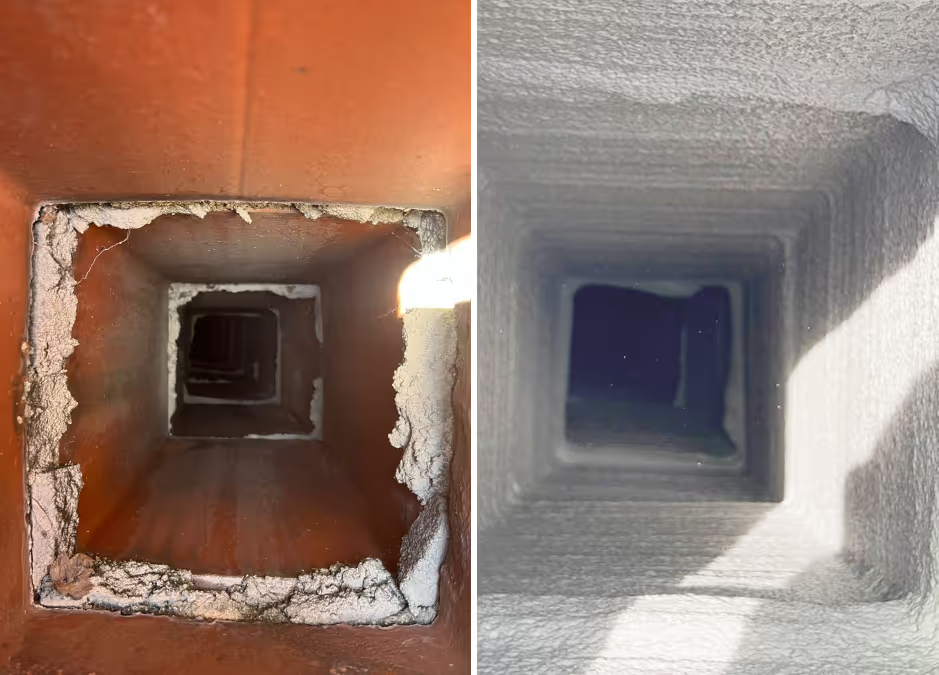
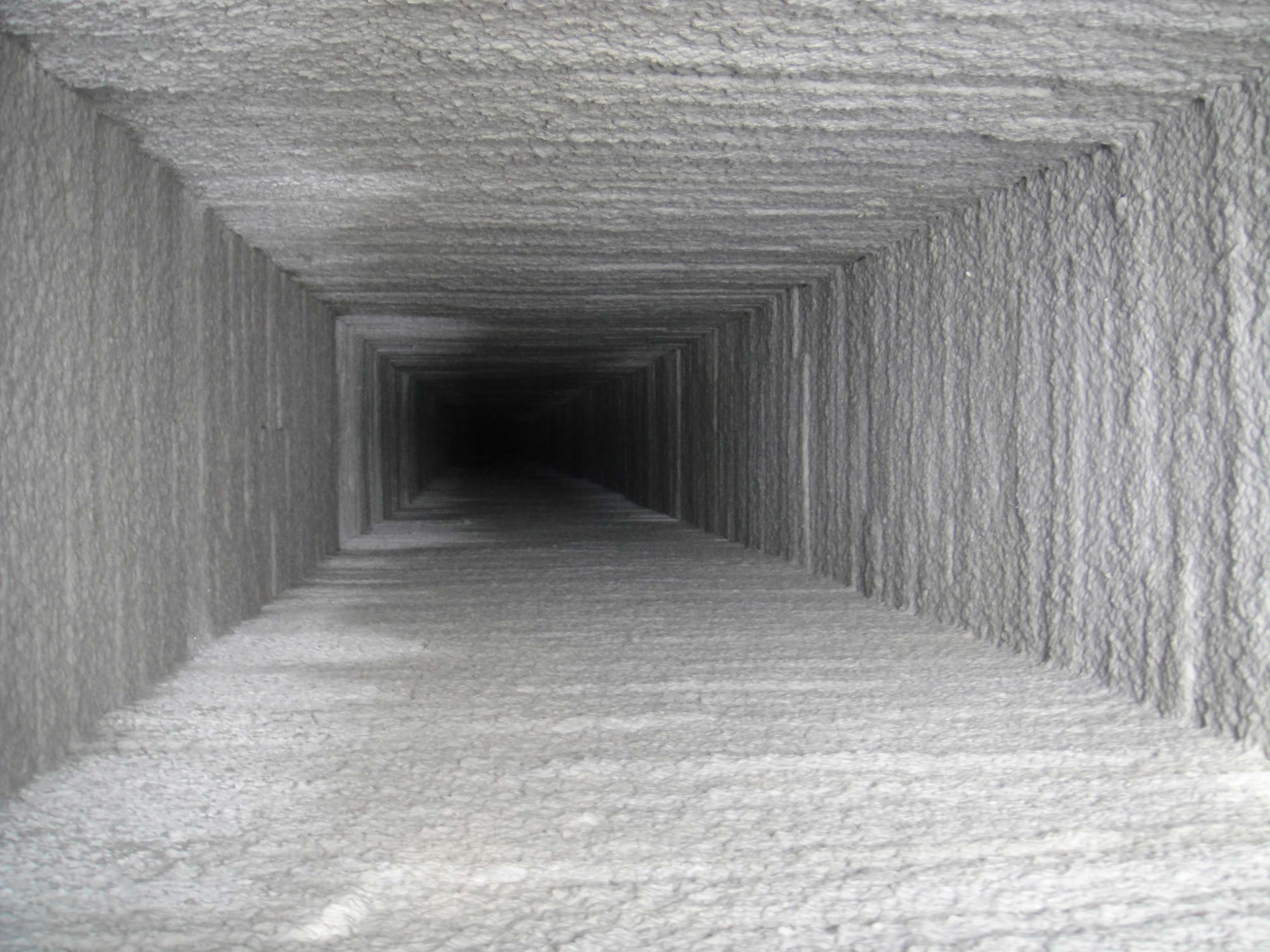
Over time, it can crack, corrode, or collapse. Especially if it’s an older clay tile liner. When this happens, chimney flue replacement becomes essential for safety, efficiency, and code compliance.
Replacing your flue ensures your chimney system works as intended, protecting both your home and your health.
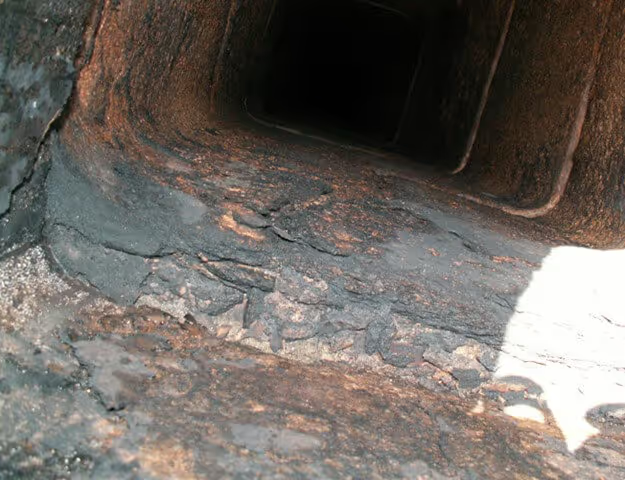
A damaged flue can go unnoticed until serious problems occur. Regular inspections often reveal internal cracks or deterioration that may not be visible from outside the chimney.
Replacing a flue is especially important if your fireplace smokes indoors or if the chimney has experienced a fire.
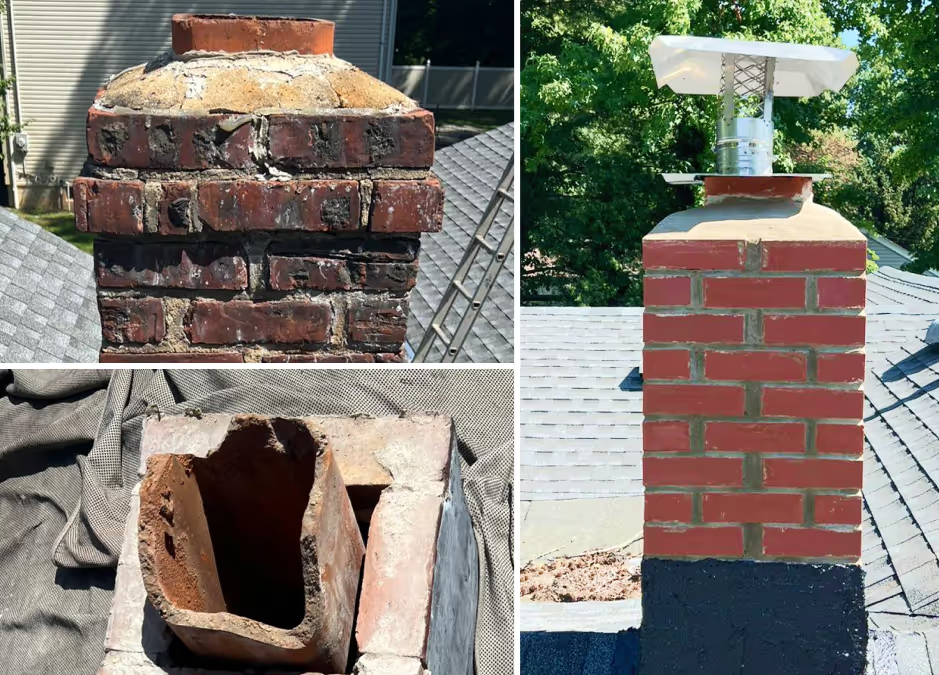
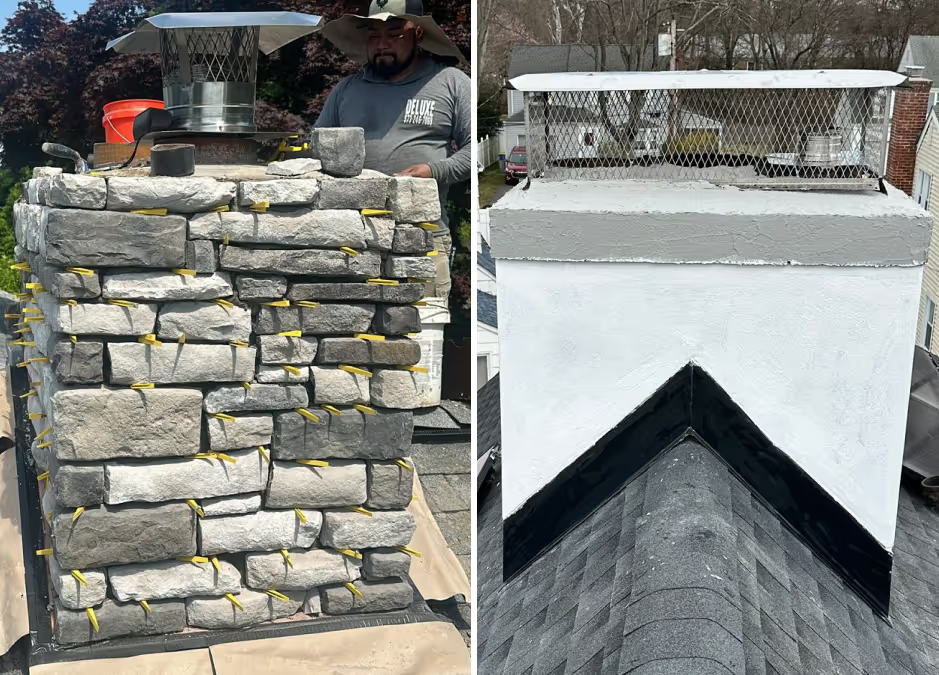
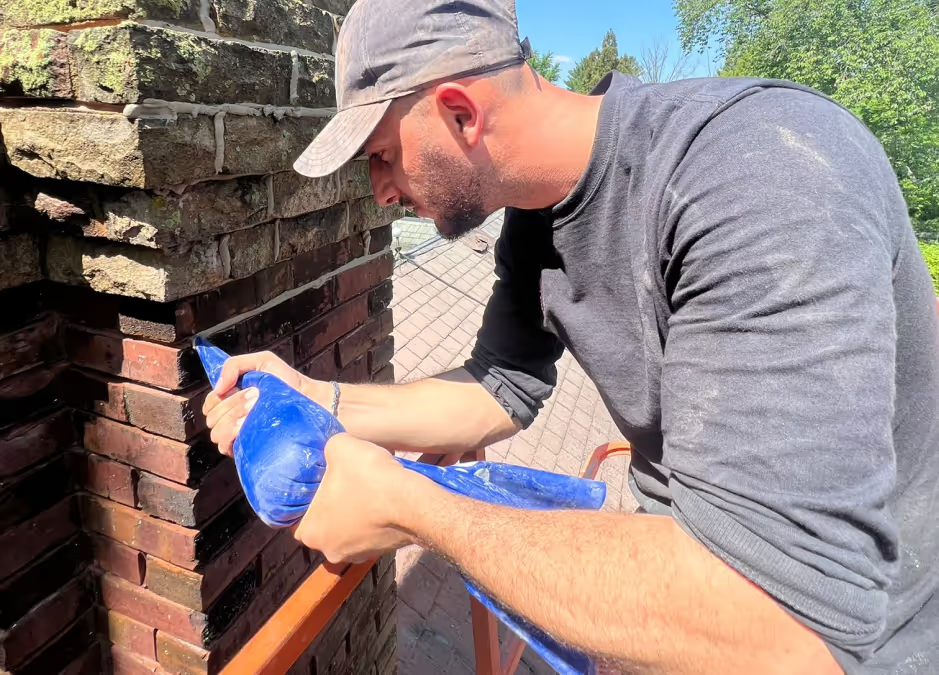
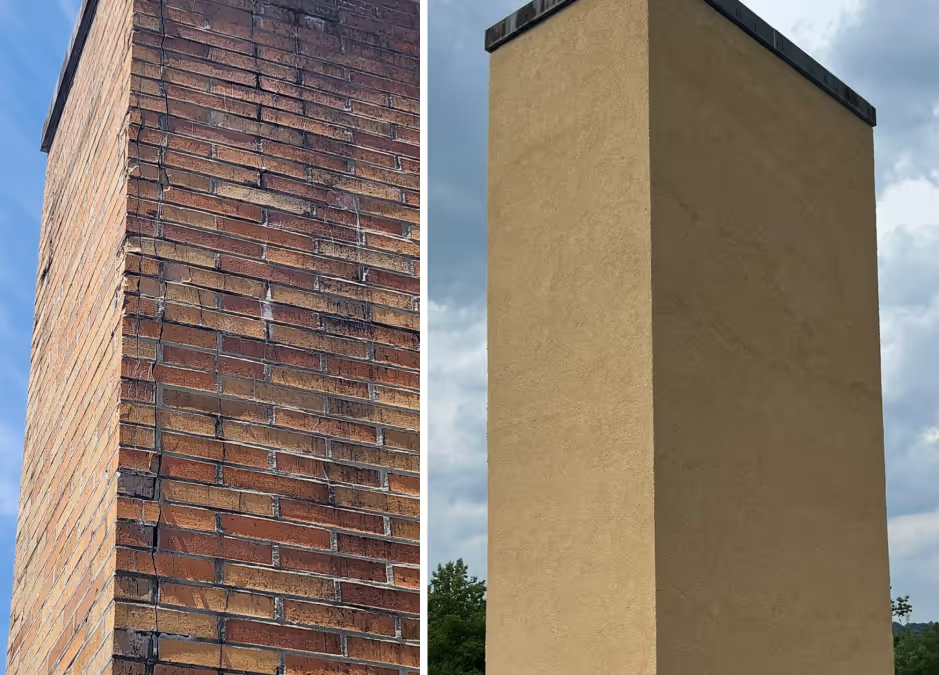
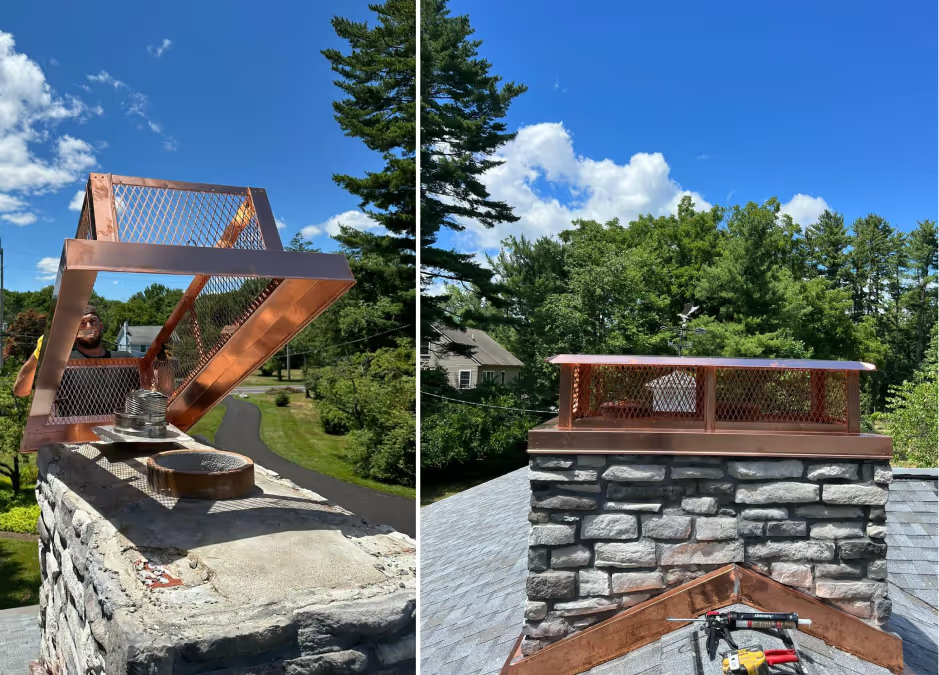

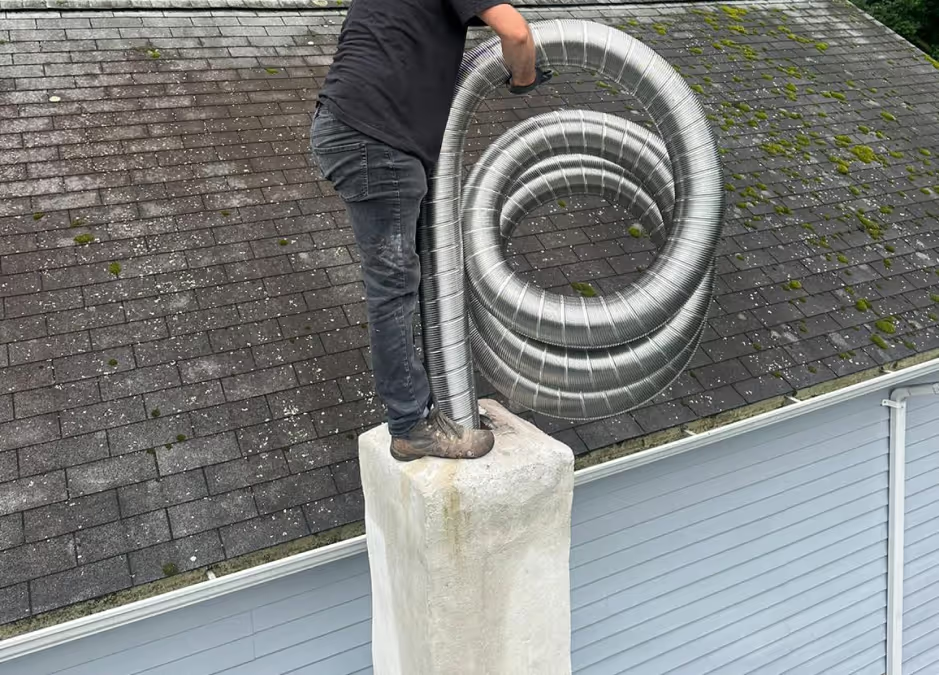
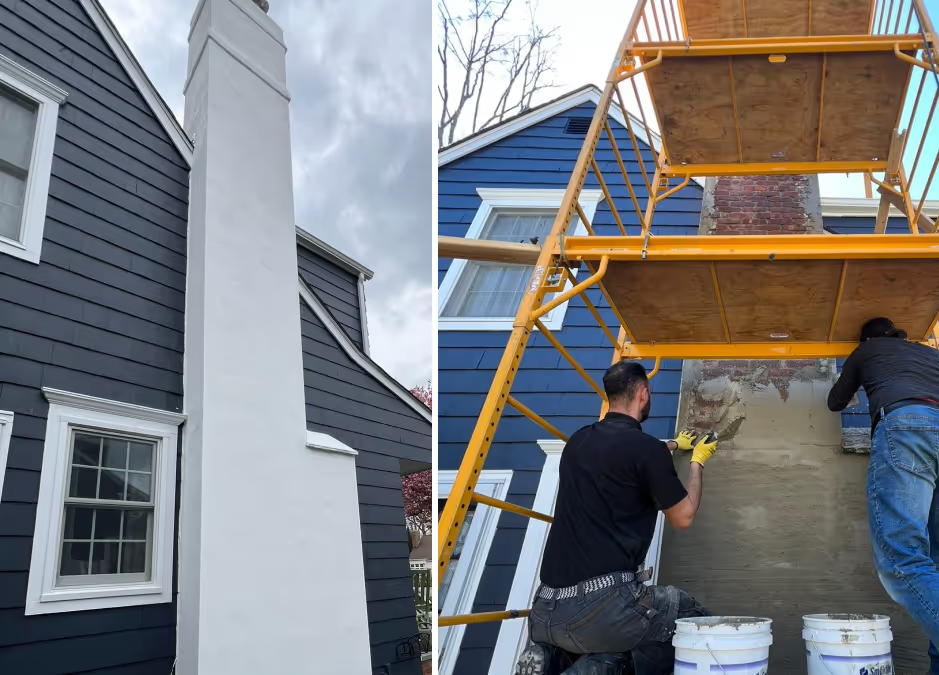
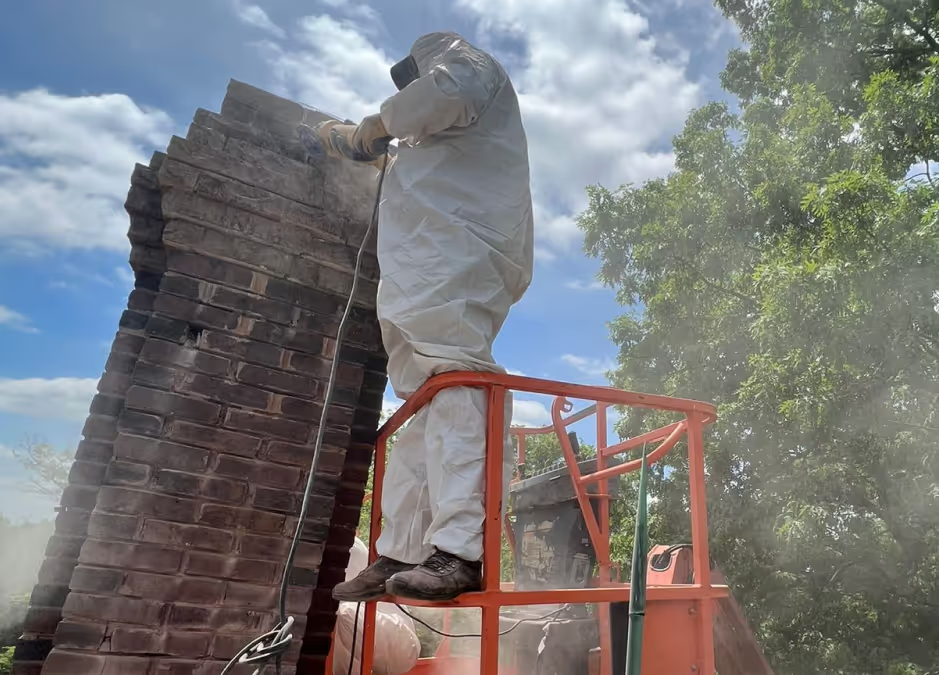
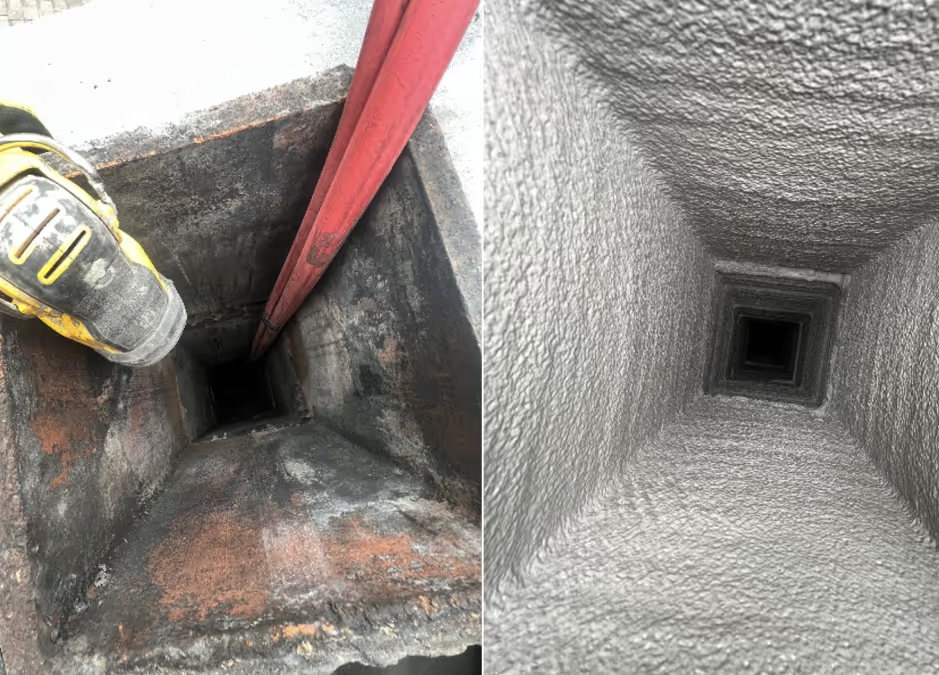
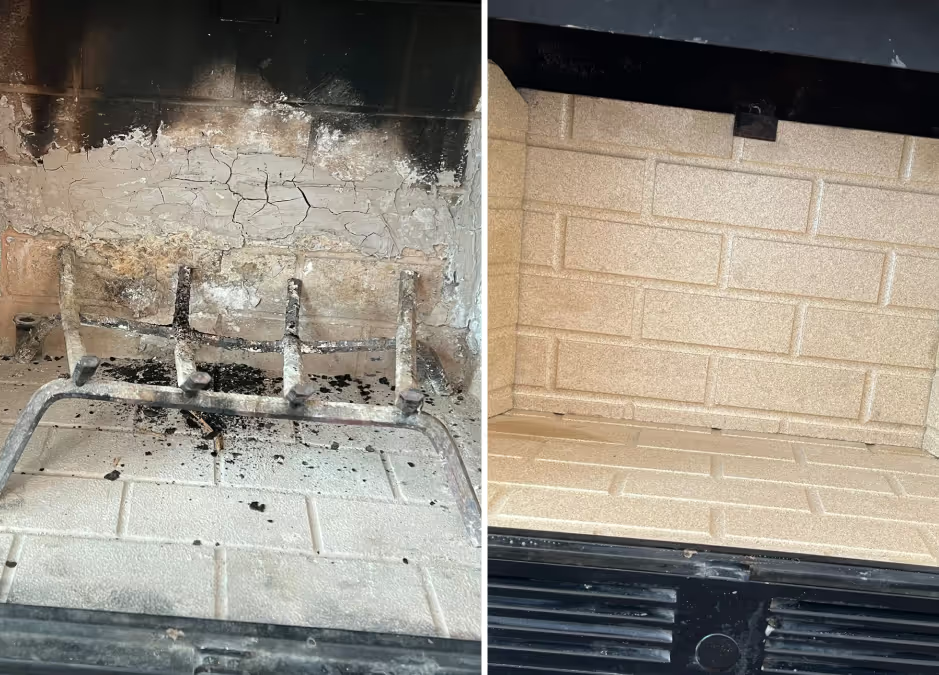
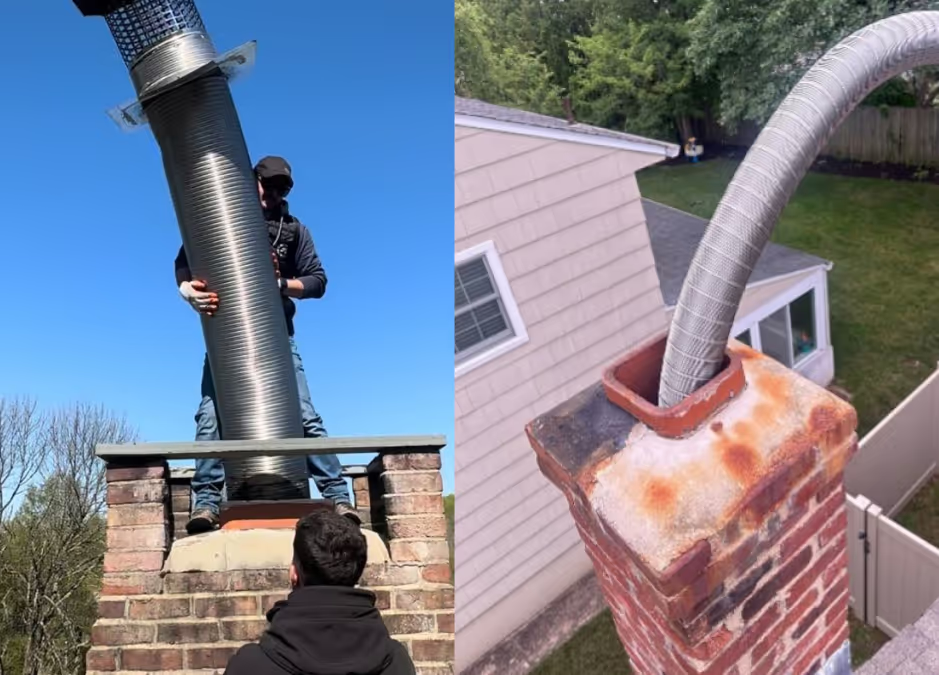
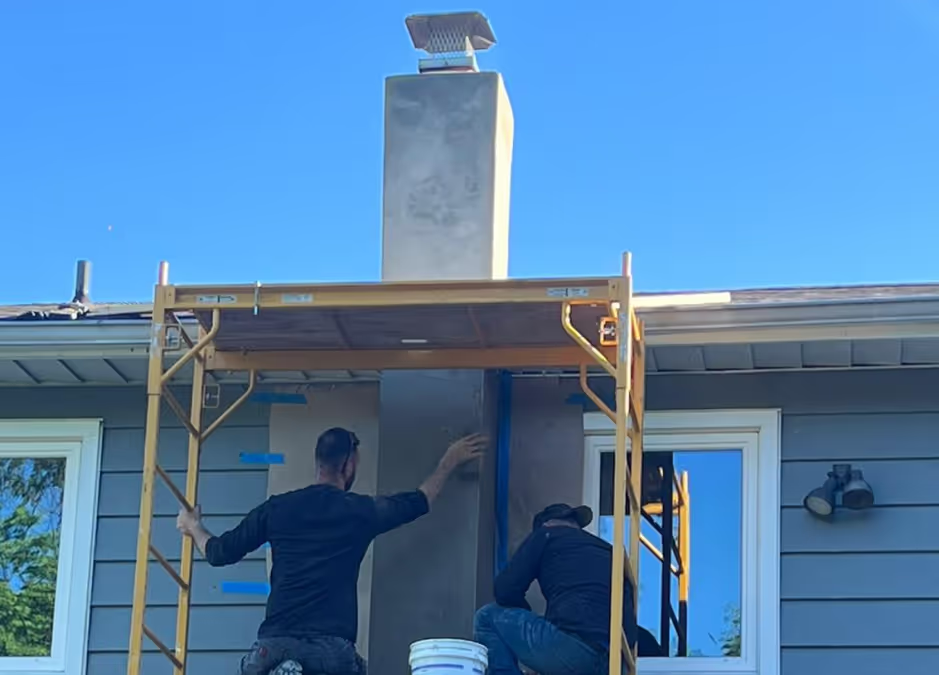
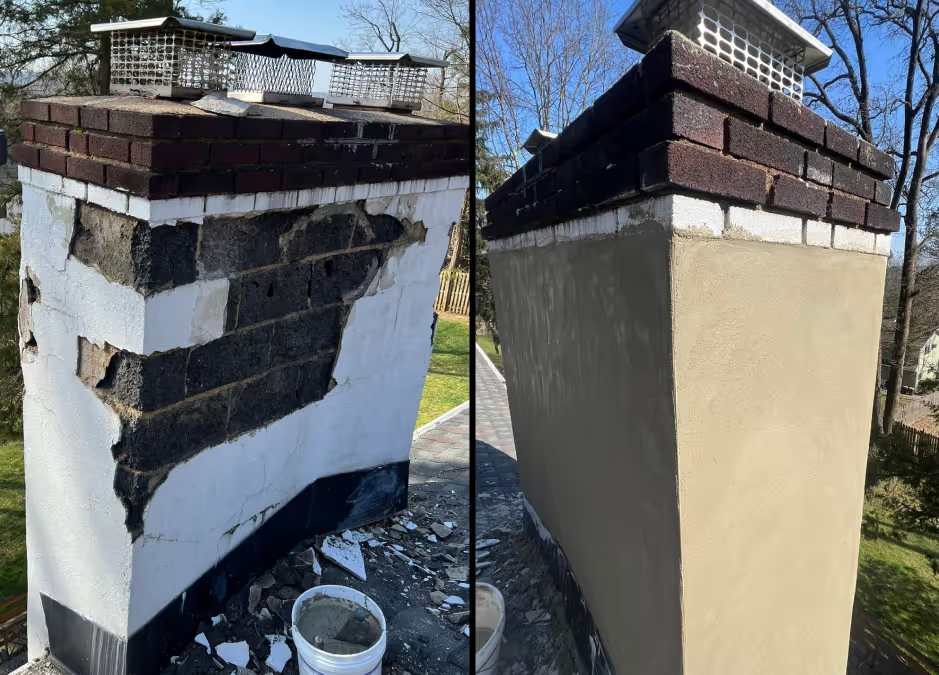
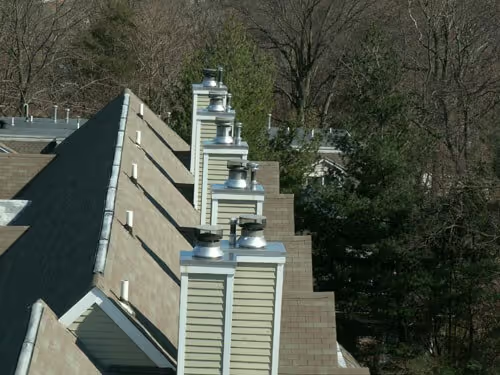
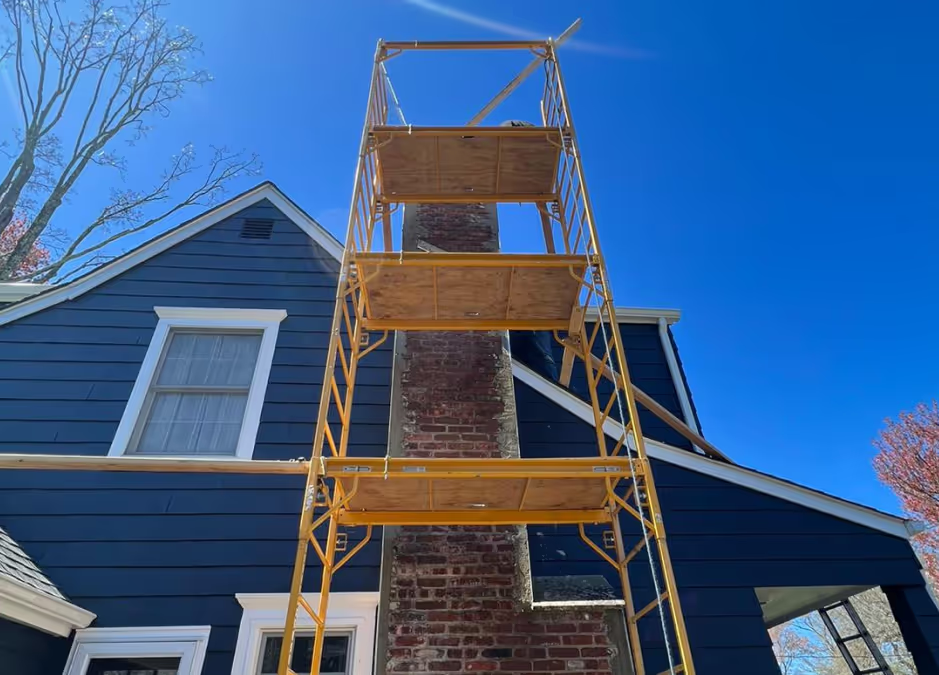

There are different types of chimney liners, and the right replacement depends on your fireplace type, budget, and venting needs. Modern stainless steel liners are the most common upgrade for older chimneys with clay flues.
Each type has its own pros and cons in terms of cost, durability, and compatibility.

Flue replacement is a specialized job that typically involves removing the old liner (if necessary), cleaning the chimney, and installing a new one from top to bottom. In most cases, a flexible stainless steel liner is snaked into the flue and connected to your heating appliance.
Proper sizing and insulation are critical for safety and performance.
Yes. If your flue is cracked or deteriorated, it's unsafe to use the fireplace until it's replaced.
No. Flue replacement requires special tools, knowledge of venting standards, and must meet building codes. Always hire a certified professional.
Stainless steel liners can last 20–30 years or more with proper installation and maintenance.
You risk chimney fires, carbon monoxide poisoning, poor draft, and costly damage to your home.
Yes. A properly sized and insulated flue improves airflow, heating efficiency, and reduces smoke issues.